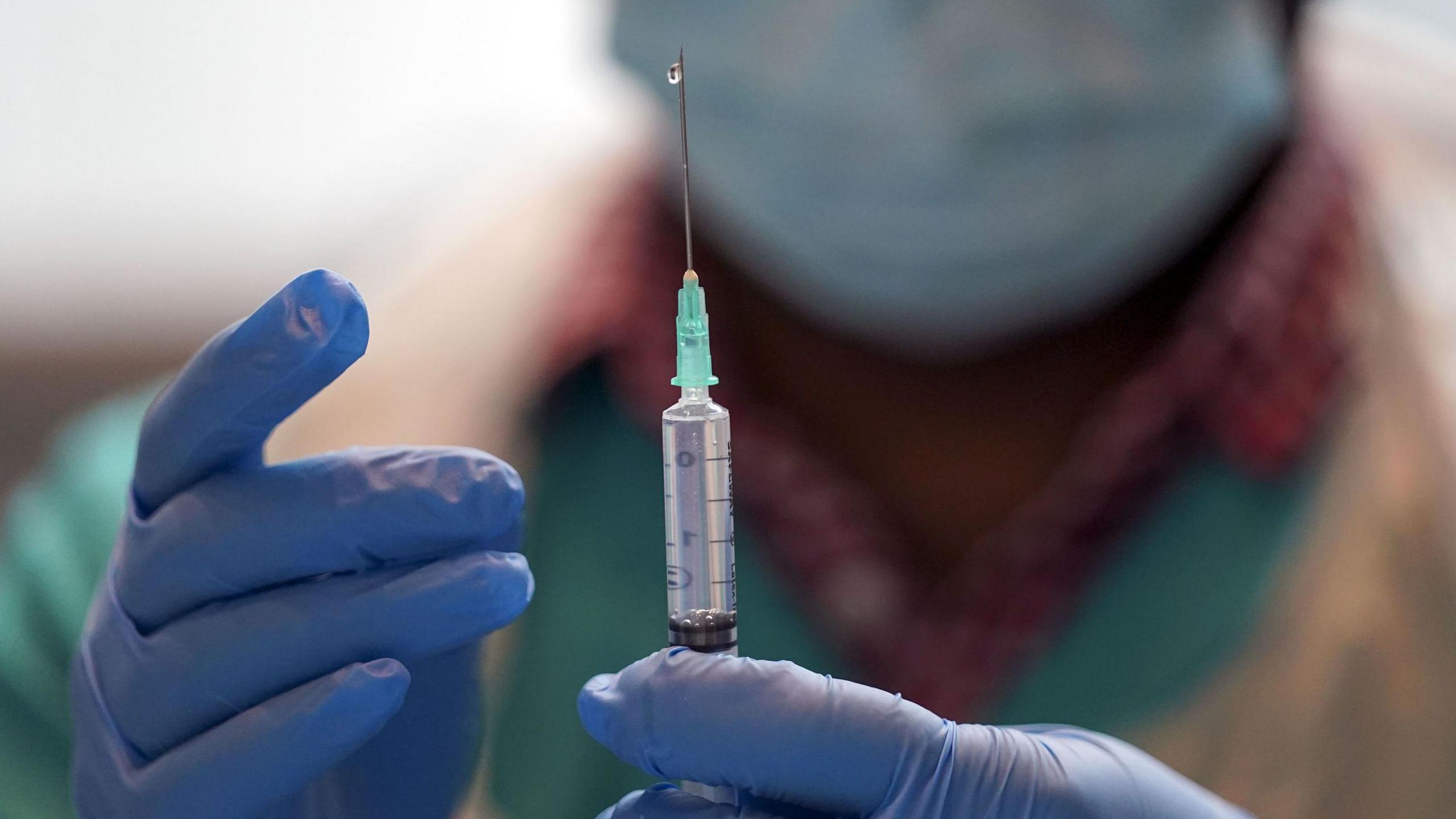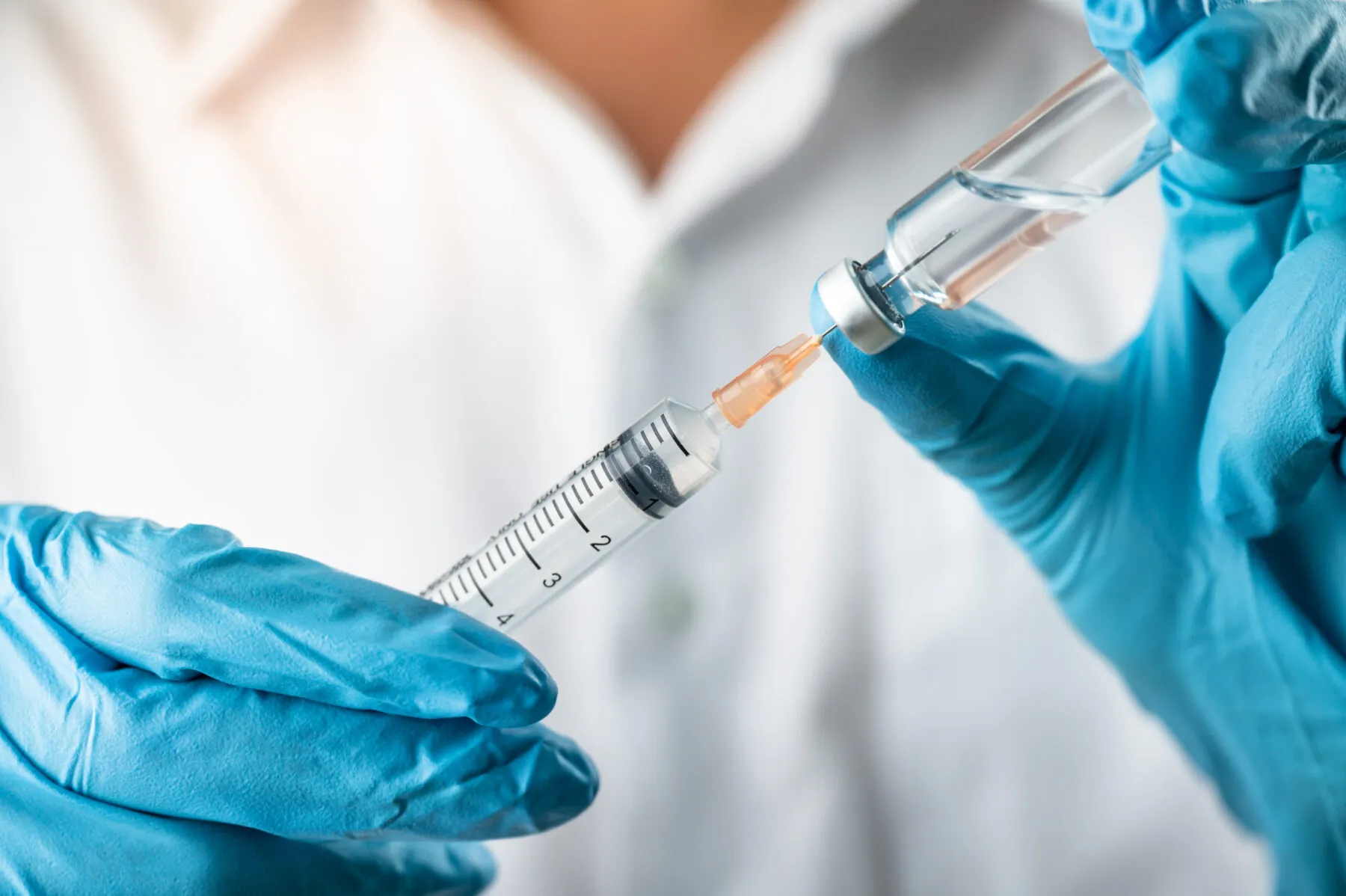A new experimental cancer vaccine is giving researchers hope in the fight against some of the deadliest forms of the disease. In a phase 1 clinical trial, doctors found that the treatment could help prevent tumors from returning in patients battling pancreatic and colorectal cancer.
The trial, conducted in part by the UCLA Health Jonsson Comprehensive Cancer Center, tested the vaccine known as ELI-002 2P in 25 patients who had previously undergone surgery to remove tumors. Each patient had traces of cancer DNA left behind, a sign of “minimal residual disease” that places them at high risk for relapse.
Why Recurrence Rates Are So Dire

Pancreatic cancer is notoriously aggressive, with research showing more than 80% of patients see the disease return after surgery. Nearly half relapse within the first year. Colorectal cancer, while less fatal, carries a recurrence rate between 30% and 50% within two years.
Mutations in the KRAS gene are a key culprit, driving more than 90% of pancreatic cancers and half of colorectal cancers. That’s the mutation this vaccine zeroes in on, training the immune system to attack it.
A Promising Immune Response
Patients in the trial received a series of injections designed to stimulate the lymph nodes. Results were striking. Twenty-one out of 25 developed “KRAS-specific T cells,” a clear marker of a stronger immune system response.
Those with higher T-cell activity also enjoyed longer relapse-free survival times. In fact, three colorectal and three pancreatic cancer patients had all disease biomarkers vanish entirely after vaccination.
Most remarkable, the majority of patients with the strongest immune response remained cancer-free nearly 20 months after treatment.
Researchers Call It a Game-Changer

The findings, published in Nature Medicine, have been hailed as a breakthrough.
“This is an exciting advance for patients with KRAS-driven cancers, particularly pancreatic cancer, where recurrence after standard treatment is almost a given and effective therapies are limited,” said study first author Zev Wainberg, M.D., professor of medicine at the David Geffen School of Medicine at UCLA and researcher at the UCLA Health Jonsson Comprehensive Cancer Center.
“We observed that patients who developed strong immune responses to the vaccine remained disease-free and survived for much longer than expected.”
“The new cancer vaccine from UCLA is very promising as a major tool against these cancers.”
Beyond One Mutation
The trial also revealed broader potential. Sixty-seven percent of patients mounted immune responses against “additional tumor-associated mutations.” This suggests the vaccine could extend beyond KRAS, boosting defenses against multiple cancer drivers.
Importantly, the vaccine is what researchers call “off-the-shelf” — meaning it’s mass-produced and does not need to be customized for each patient.
“This study shows that the ELI-002 2P vaccine can safely and effectively train the immune system to recognize and fight cancer-driving mutations,” Wainberg said.
“It offers a promising approach to generating precise and durable immune responses without the complexity or cost of fully personalized vaccines.”
What Comes Next
The research team has already finished enrolling participants for a larger phase 2 trial. That study will test ELI-002 7P, a next-generation version of the vaccine designed to target a broader range of KRAS mutations.
The work was funded by Elicio Therapeutics, the Massachusetts biotech company behind the vaccine, and carried out in collaboration with MD Anderson Cancer Center and Memorial Sloan Kettering Cancer Center.
Experts See a Turning Point

While not part of the study, other cancer experts say the results reflect a growing shift in treatment.
“Solid tumors, especially pancreatic, can be difficult to treat because they are not as mutagenic (capable of inducing or causing mutations) as hematological malignancies (blood cancers) or melanoma, for example, so they don’t have as many ready targets for immunotherapy,” said Dr. Marc Siegel, a senior medical analyst.
“The new cancer vaccine from UCLA is very promising as a major tool against these cancers, as it ‘programs’ the immune system to target these mutations and has been shown in the NATURE study to elicit a strong clinical response.”



